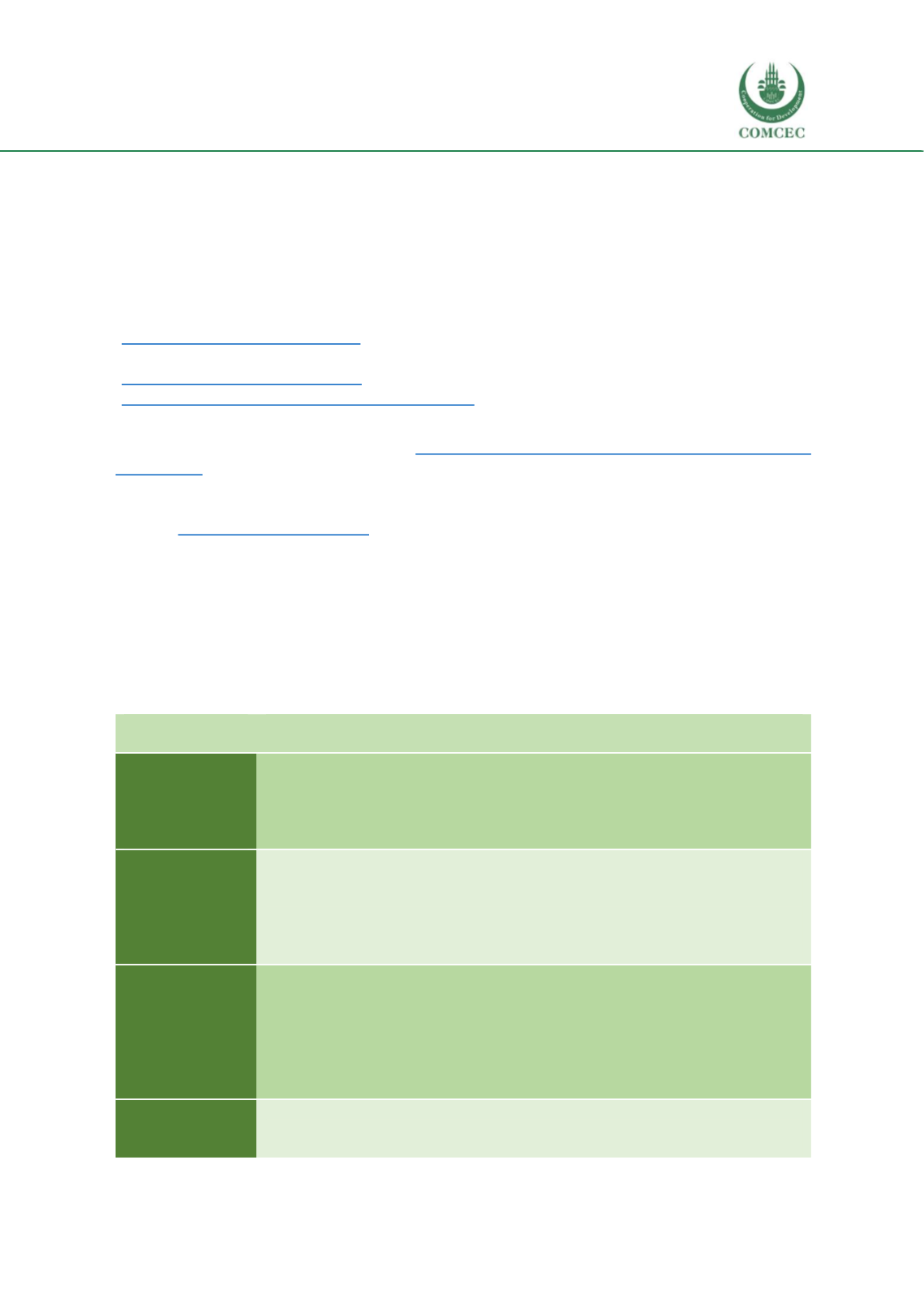

Skills Development: Vocational Education
in the Islamic Countries
145
6.4.
Quality assurance
Australian VET sectors are very much concerned and aware of ensuring the following aspects
related to ensuring quality:
qualification assessment and recognition,
license recognition, assessment for skilled migration, and
trades recognition.
In order to ensure these tasks, the Commonwealth Department of Education and Training
( https://www.education.gov.au/ ), State and Territory assessing authorities (there are many
authorities who are eligible for assessing different skills, for instance: Vetassess
( https://www.vetassess.com.au/),
and
Trades
Recognition
Australia
( https://www.tradesrecognitionaustralia.gov.au )are the key agencies that are working
effortlessly in this regard.
Industry Reference Committees (IRCs)
( https://www.aisc.net.au/content/industry-reference- committees )are working to ensure industrial link with institutions, and to maintain skills
requirement for industry. The main aim of these IRCs is to identify skills need of Australian
industrial sectors. IRCs is directly linked with the Australian Industry and Skills Committee
(AISC)
( https://www.aisc.net.au/). IRCs at first, instruct AISC about the skills demand of
Australian industry sectors. IRCs further confirm VET programsmeet the overall purpose such
as: needs and concerns of employers, employees, training providers, and people seeking training
standards (TVET, 2018).
6.5.
EmploymentLevel (application level)
According to AQF frameworkof Australia, the desired application of knowledge and skills of each
level are:
Table 6.4: Applications of knowledge and skills in AQF
Level
Applications of knowledge and skills
Certificate I
Graduates will demonstrate the application of knowledge and skills: with
some autonomy in defined
contexts and within established
parameters ,
and in contexts that may include
preparation for further learning, life
activities and/or a variety of initial routine and predictable work-related
activities including participation in a team or work group
Certificate II
Graduates
will demonstrate the application of knowledge and skills: with
some accountability for
the quality of own outcomes and some
responsibility for own outputs in work and learning; with limited autonomy
and judgment in the completion of own defined and routine tasks in known
and stable contexts; and with limited autonomy and judgment to complete
routine but variable tasks in collaboration with others in a team environment
Certificate III
Graduates will demonstrate the application of knowledge and skills: with
discretion and judgment
in the selection of equipment, services or
contingency measures; to adapt and transfer skills and knowledge within
known routines, methods, procedures and time constraints; and to include
taking responsibility for own outputs in work and learning including
participation in teams and taking limited responsibility for the output of
others within established parameters
Certificate IV
Graduates will demonstrate the application of knowledge and skills: to
specialized tasks or functions
in known or changing contexts; with
responsibility for own
functions and outputs, and may have limited
















